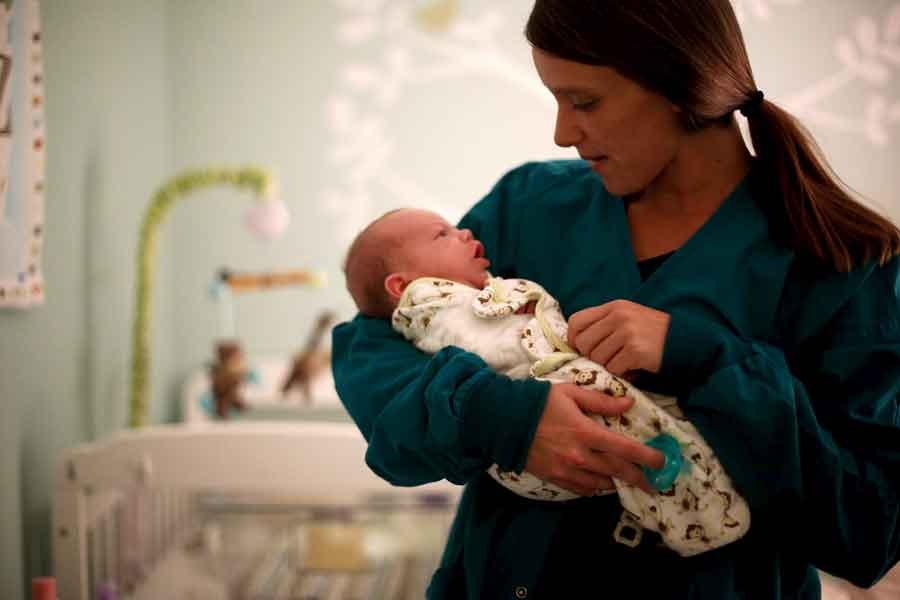Women whose postpartum depression lasts for several months are at heightened risk of having depression that lingers for years among mothers, a study suggests.
It may affect their children, showing up as behaviour problems and increased depression risk in the teenage years, a UK study suggests.
The majority of the nearly 10,000 mothers who participated in the research did not have postpartum depression. But compared to these women, mothers who did suffer from persistent depression were around twice as likely to have kids with behaviour problems, the UK study found.
When women had severe, long-lasting depression, they were almost five times more likely to have kids with behaviour problems by age 3.5, nearly three times more apt to have teens who scored poorly on math tests at age 16 and more than seven times more likely to have children diagnosed with depression by age 18, according to a Reuters report.
“The study found that when postnatal depression is both persistent and severe, the risk of negative outcomes to children’s development is raised,” said senior study author Alan Stein, a professor of child and adolescent psychiatry at the University of Oxford.
“Briefer and less severe episodes (the majority) may well not affect child development,” Stein said by email.
For the study, researchers examined data on 9,848 mothers recruited when they were pregnant in the early 1990s.
Women were 29 years old on average when they delivered their babies and the mothers were assessed for symptoms of depression when their children were 2 months, 8 months, 21 months, 33 months and 11 years old.
When women’s postpartum depression symptoms were still present at two months and eight months after delivery, regardless of their severity, depression symptoms were more likely to continue to linger up to the 11-year assessment, the study found.
The odds of behaviour problems in younger kids as well as academic issues or depression for older teens increased along with the severity and persistence of depression symptoms experienced by the mothers.
For example, women who had severe but not persistent depression were about twice as likely to have kids with behaviour problems as women without depression symptoms, the study found.
The study wasn’t a controlled experiment designed to prove whether or how the severity or duration of postpartum depression might directly cause behaviour or academic problems in children.
Another limitation of the study is that relatively few women had severe, persistent depression, and it’s possible that results might be different with a larger group of women.
Even so, the findings offer fresh evidence of the need for women to get properly diagnosed and treated for postpartum depression, especially because there are a range of medication and psychotherapy options that can ease symptoms, Stein said.


